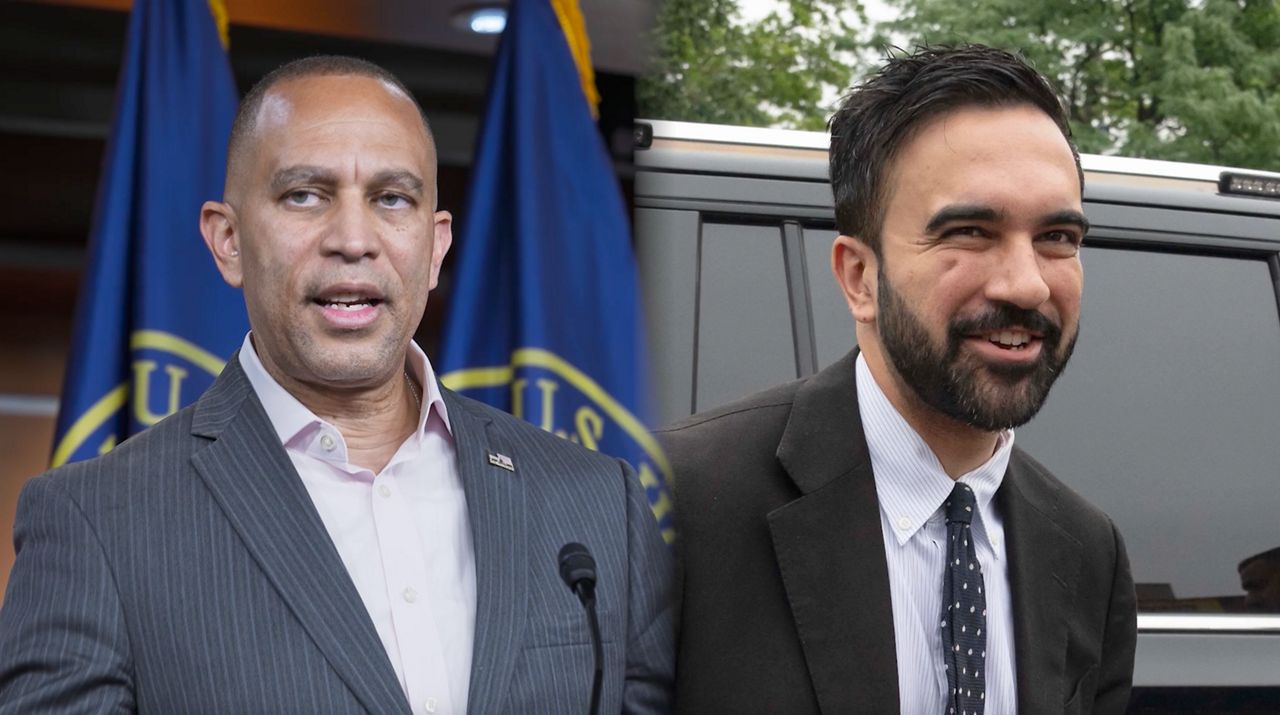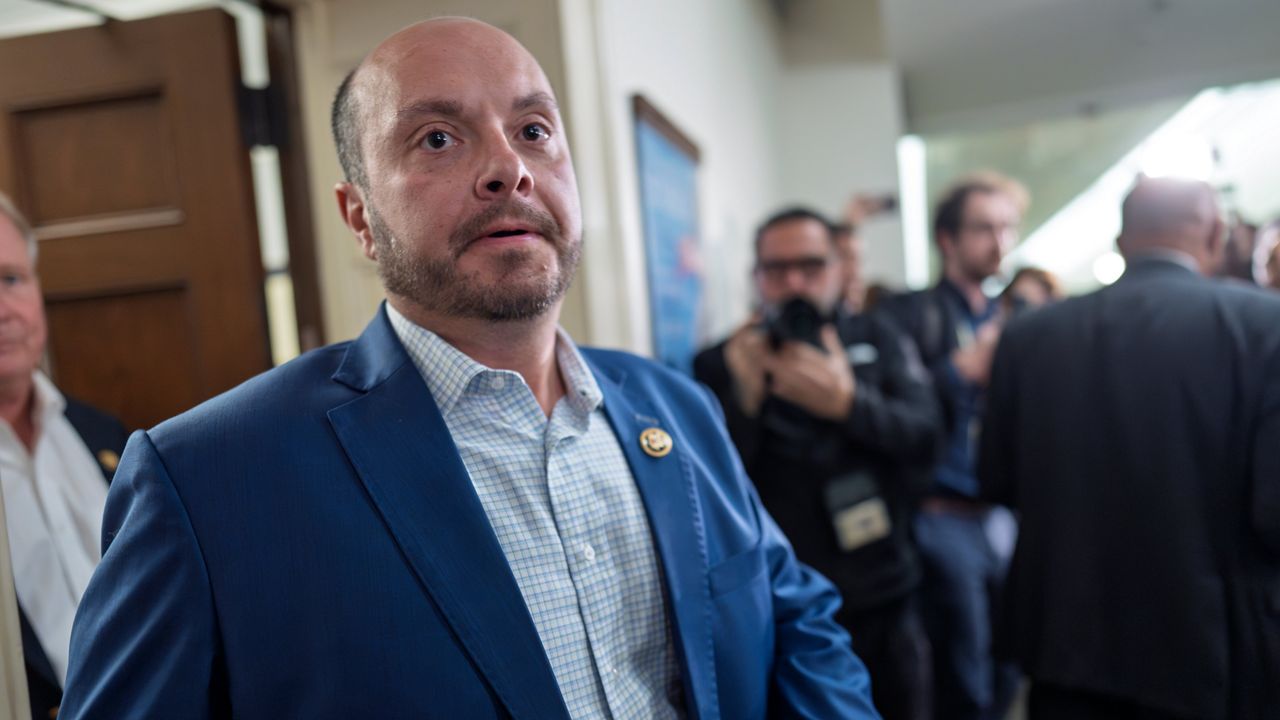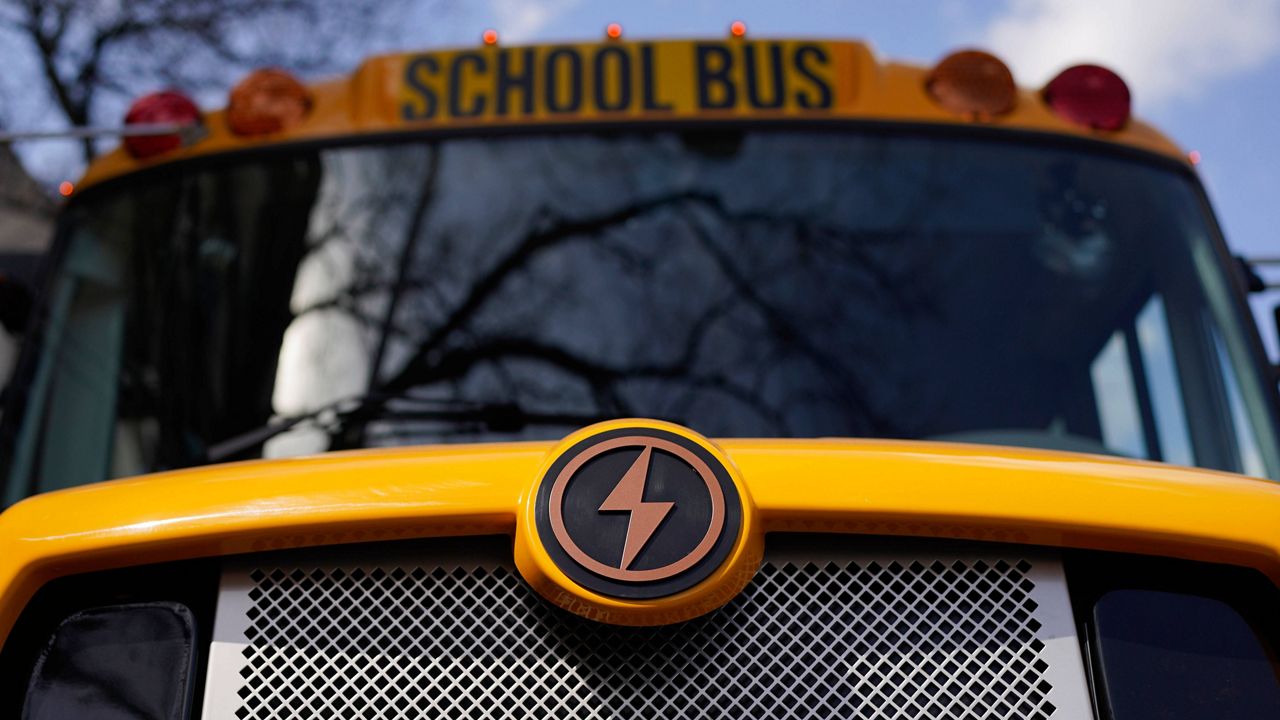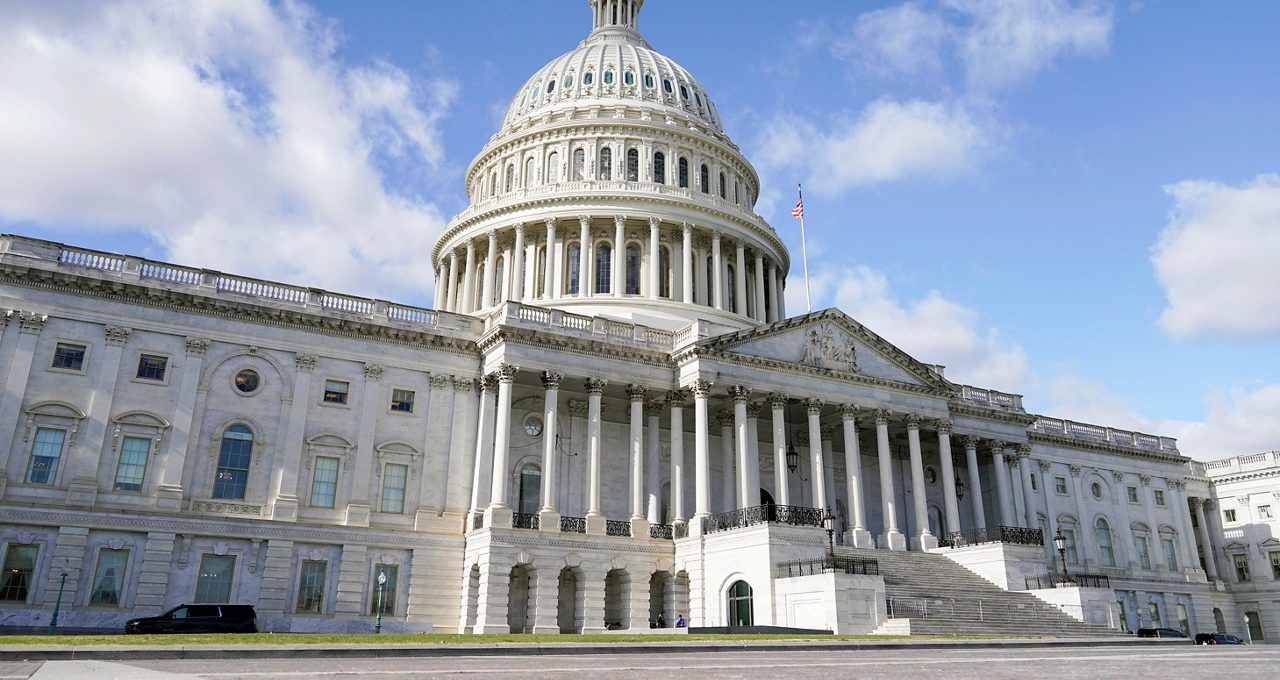Last month, Gov. Kathy Hochul raised the possibility of closing more state prison facilities in New York, continuing a decade-long effort by her predecessor amid a decline in the overall population of incarcerated people.
But unlike former Gov. Andrew Cuomo, who did not want prisons to be a jobs plan for upstate communities, Hochul acknowledged the fallout from the loss of prisons on an area's economy.
Many of the former prisons closed by the Cuomo administration remain vacant sites, with few interested buyers willing to purchase the land and develop it for something else.
So Hochul is considering ways of converting the sites to be used for other uses, such as providing help for people who face addiction. Hochul didn't offer many details as the plan remains under development.
"We want to get creative with this. I don't know if some of these can be used as substance abuse treatment centers, residential facilities," she said. "These are buildings I'm looking at the cost and also the opportunity of converting them to a different purpose."
Hochul pointed to the falling population of the state prison system overall, and many facilities are currently half full.
Closing prisons has been largely applauded by criminal justice reform advocates as a needed corrective, though opposed by the labor union that represents corrections officers.
"Incarceration is where we are at this point," said Neil Berry, an activist with the group VOCAL New York who was once incarcerated himself. "It's proven this type of system is not working and we have to do a more holistic aproach."
But Berry is concerned with using former prisons to provide treatment to people. Instead, Berry says those services should come to where people live.
"It's traumatizing for a person because the person has been in the prison system before," he said. "As a person who has been directly impacted, I can tell you that's no the place to be when you're seeking treatment."









